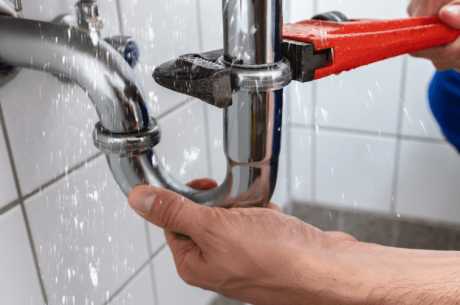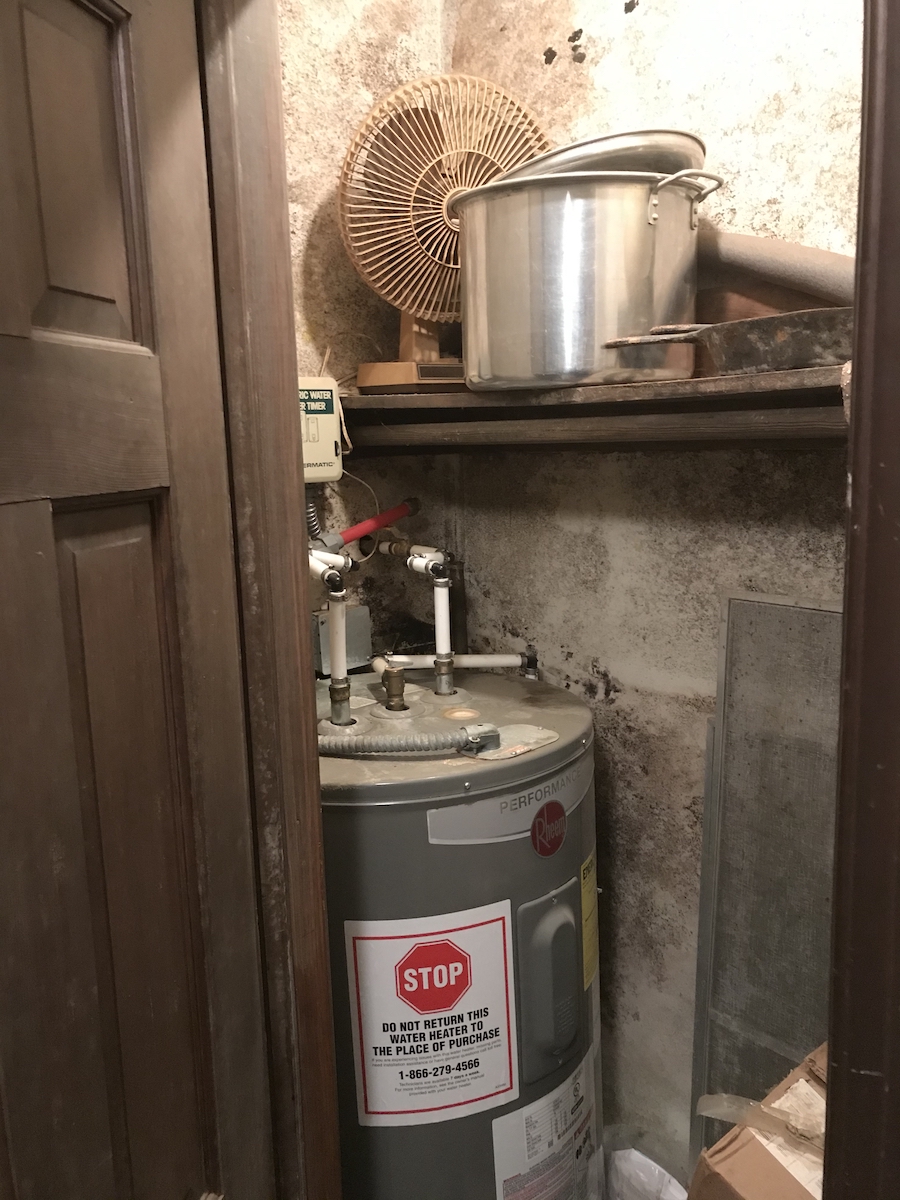Water damage is one of the most common and disruptive issues homeowners face. From a burst pipe, a leaking roof, or flooding after a heavy storm, the consequences can be severe. Even minor water leaks can lead to mold growth, structural weakening, and costly repairs if left unaddressed. Acting quickly is essential to minimize damage and protect your home. In this post, we’ll explore practical steps homeowners can take immediately after water damage occurs, and when it’s best to involve professionals.
Identify the Source and Stop It
The first step is always identifying the source of water. Whether it’s a broken pipe, malfunctioning appliance, or storm flooding, stopping the water is critical. Shut off the main water supply if necessary. If the water is from a storm, focus on preventing more water from entering your home by covering openings or redirecting flow. Knowing where the water is coming from can help determine the severity of the situation and guide your next steps.
Protect Valuables and Ensure Safety
After stopping the water, protect your valuables. Move furniture, electronics, and important documents to a dry area. Remove rugs and personal items from wet floors. For items already soaked, blot excess water carefully—avoid rubbing, which can cause further damage. Safety is also crucial: never enter areas with standing water if electrical systems are active, and wear protective gear when handling wet materials.
Assess and Document the Damage
Documenting the damage is important for insurance claims and for any professional restoration team you might contact. Take clear photos, note the affected areas, and list damaged items. The more detailed your records, the easier it will be to support insurance claims and ensure proper repairs are made.

Begin Drying and Cleanup
If the water damage is minor, you can begin the drying process immediately. Use towels, mops, and fans to help remove water. Open windows to promote airflow if the weather allows. Avoid using high heat, which can warp wood and damage flooring. Keep in mind that hidden moisture can remain in walls, ceilings, or under flooring, leading to mold if not properly addressed.
When to Call the Experts
Some water damage may seem minor but can lead to serious hidden problems. Mold growth, weakened structural components, and compromised electrical systems often require professional expertise. Restoration experts have specialized equipment to thoroughly dry, sanitize, and restore your home. They can also assess the full extent of the damage and recommend the safest solutions. For professional assistance, visit our Water Damage Restoration services page.
Conclusion
Water damage doesn’t have to destroy your home if handled promptly and correctly. Acting quickly, protecting your belongings, and knowing when to call professionals are key to minimizing damage and restoring your property safely. Whether it’s a small leak or a major flood, taking the right steps can save you time, money, and stress.



